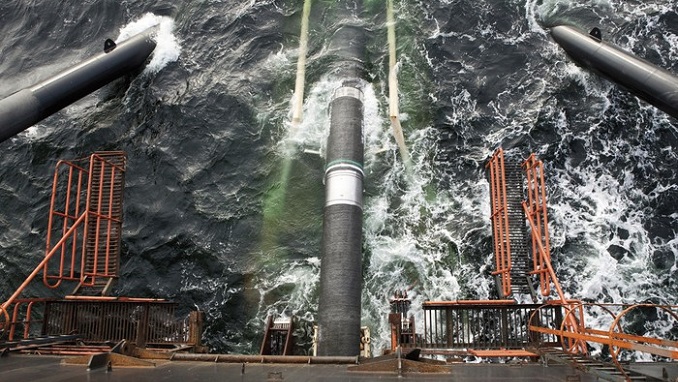Poland’s PGNiG oil and gas business, a long-time foe of Russia’s energy initiatives, will participate in the Nord Stream 2 gas pipeline certification process. The business makes no secret of its intention to postpone, if not stop, the project’s debut.
Meanwhile, gas prices in Europe remain at a record high of more than $900 per 1,000 cubic meters, and gas storage facilities are 50% full, according to Rossiyskaya Gazeta.
Despite all of its difficulties, Europe has failed to take any measures toward meeting Moscow halfway. The decision to limit the Nord Stream 2 pipeline to half its capacity has not been reconsidered, and attempts to encourage the use of hydrocarbons continue. The present issue demonstrates the economically unsustainable rates of renewable energy growth, according to Valery Andrianov, Associate Professor at the Russian Government’s Financial University.
Renewable energy development in Europe used to be heavily subsidized by the government, but many politicians and academics now argue that renewable energy has become competitive with conventional energy sources, and that government handouts are no longer required. In reality, the high expenses of alternative energy are being passed on to consumers.
The involvement of a Polish firm in Nord Stream 2 certification will not be an insurmountable barrier for the project. The business will not have the ultimate say, according to Alexander Kurdin, an analyst with the Russian Government’s Analysis Center. However, its involvement indicates that authorities plan to give greater heed to the concerns of opponents of the Russian gas pipeline.
If PGNiG had been refused participation, there would have been further litigation, which would have occurred regardless of the decision made by regulators, but an extra lawsuit could have been considered excessive, according to Alexei Grivach, Deputy Director of the National Energy Security Fund.
The whole process will take little more than four months, with a decision anticipated by January 8, 2022.












